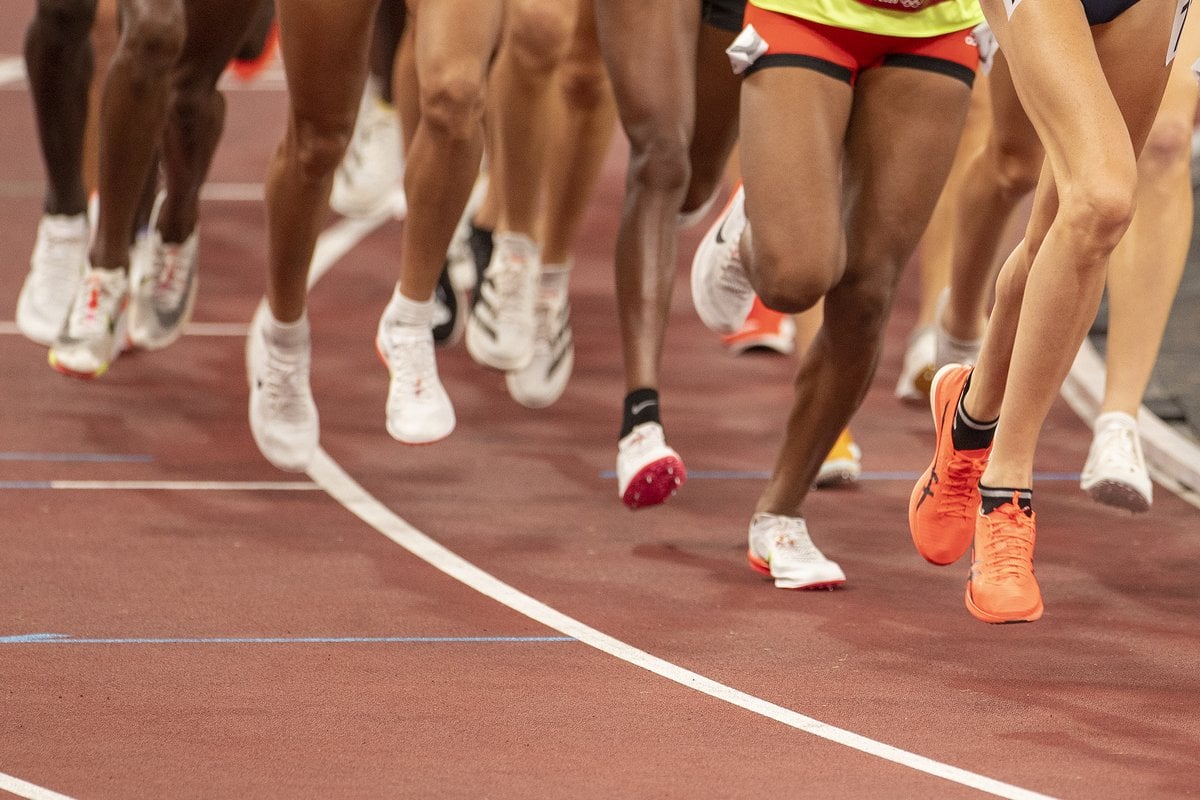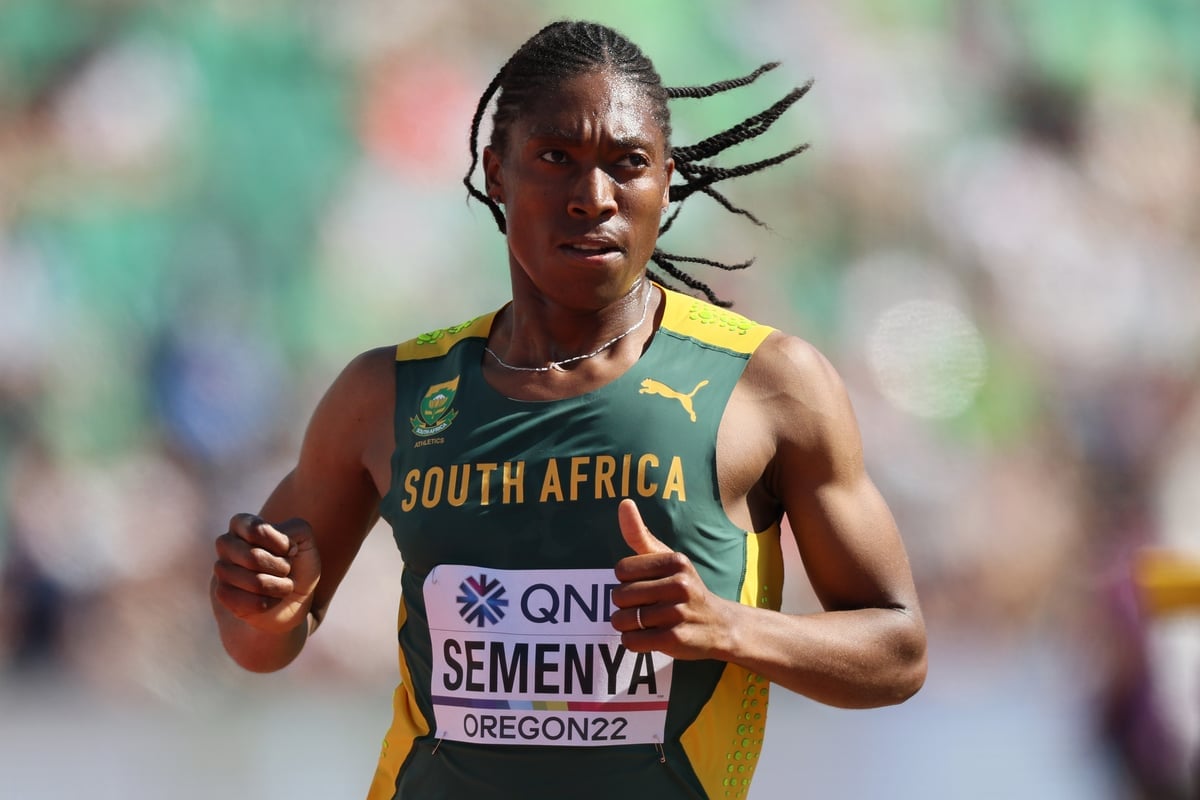
World Athletics has banned transgender women from competing in female international events.
Adopting the same rules as swimming did last year, World Athletics president, Sebastian Coe, announced transgender athletes who have been through male puberty will no longer be allowed to compete in female world ranking competitions from March 31.
Coe told a news conference that the decision to exclude transgender women was based "on the overarching need to protect the female category".
"We're not saying no forever."
🚨 BREAKING NEWS 🚨
— Sunrise (@sunriseon7) March 23, 2023
The World Athletics Council has voted to ban male-to-female transgender athletes from competing in world competitions. pic.twitter.com/NYtHKnQ6ir

Top Comments